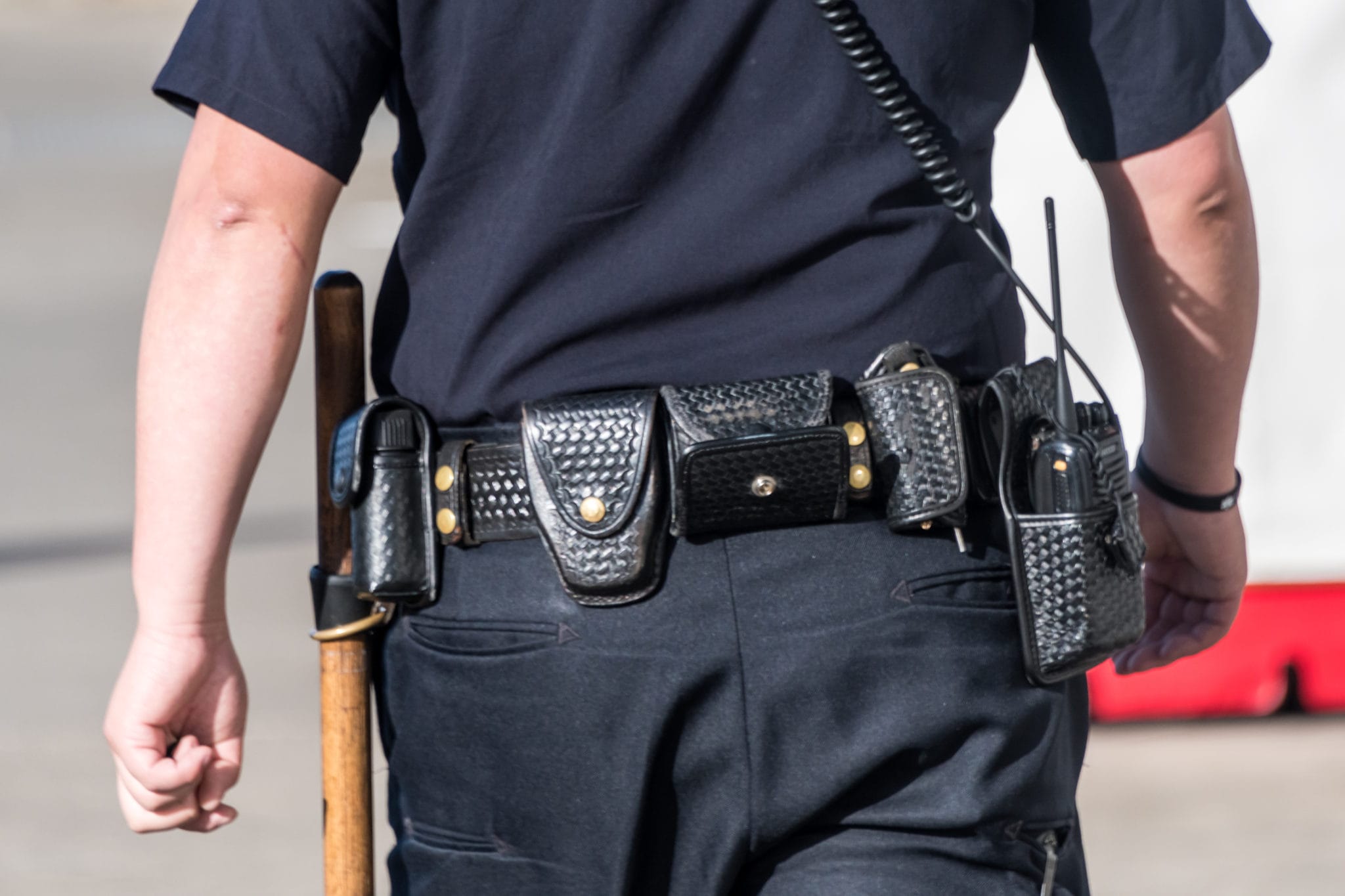Qualified immunity plays a pivotal role in protecting law enforcement officers from civil liability when performing job duties. Both State and Federal law allow qualified immunity as a defense to civil actions. Qualified immunity applies in civil lawsuits, not criminal proceedings.
The Need for Qualified Immunity
Qualified immunity is, by its name and purpose, not absolute immunity. It does not protect all types of action committed by law enforcement officers while on duty. Qualified immunity protects an officer who is mistaken about facts but makes reasonable judgments, even if those actions are ultimately deemed wrong in hindsight. To be effective, law enforcement officers must be allowed to enforce the law and carry out public safety functions without fear of being sued when a mistake occurs. There is no protection, however, for those knowingly and willfully violating the law.
Anxiety about civil liability has a chilling effect on the performance of law enforcement duties. Police officers perform duties in high-stress circumstances which require split-second decisions. If an officer hesitates to take action, for fear of being sued and having a career ruined, the officer places not only their life at risk, but possibly the life of another officer or the public.
The ability to recruit and retain law enforcement officers has become an increasingly difficult circumstance. Law enforcement officers are subjected to an ever-increasing level of scrutiny by the media, anti-police public interest groups, and politicians.
Unwarranted and excessive scrutiny leads to portrayal of law enforcement in a bad light, leading to negative public opinion. Movements which seek to defund police and remove protections merely exacerbate the problems in recruiting and retention.
Qualified immunity remains necessary to protect against frivolous litigation which is costly to taxpayers, government entities, and the reputation of law enforcement officers. Because qualified immunity is not absolute, the defense balances the public interest in holding police officers accountable for irresponsible exercise of power, against the need to shield police officers from harassment, distraction, and liability when they perform their duties reasonably.
How is Qualified Immunity applied in a civil lawsuit?
In Michigan, qualified immunity is created by statute. Its application, however, is limited to state court civil actions alleging tortious behavior causing injury or damages, such as cases which allege assault, battery (excessive force claims), and injuries from vehicular accidents. In those cases, qualified immunity will exist if an officer, while acting in the course of employment: (1) reasonably believes he or she is acting within the scope of their authority, which is in the exercise or discharge of governmental functions; and (2) the officer’s conduct does not amount to gross negligence that is the proximate cause of the injury or damage.
Civil actions filed in federal court (under section 1983 of federal law—alleging deprivation of rights secured by the Constitution, by a person acting under the color of state law), bring into application the defense of qualified immunity under a standard derived by the judiciary. The following considerations are applied when analyzing application of the qualified immunity defense:
- Whether the facts alleged amount to a constitutional violation. This inquiry determines the specific constitutional right allegedly violated. If no constitutional right is impinged, qualified immunity applies.
- If a constitutional right exists, was it “clearly established” at the time of the action. This inquiry determines whether it would be clear to a reasonable officer that the conduct was lawful in the situation confronted. If the law did not put the officer on notice that the conduct would be clearly unlawful, application of qualified immunity is appropriate.
- If a constitutional right exists and was clearly established, qualified immunity will still apply if the officer’s actions were objectively reasonable under the circumstances of the case. As a result, if an officer’s mistake as to what the law requires is reasonable, qualified immunity applies.
- To overcome it, a plaintiff must establish the officer’s conduct was so egregious, or clearly unconstitutional, that any reasonable officer would have known the conduct was unlawful.
The Supreme Court has stated that immunity is intended for “all but the plainly incompetent or those who knowingly violate the law.” That consideration gives “breathing room” for mistakes of fact and law.
How Can POAM Help?
POAM, in its role as the leading labor representative of law enforcement officers, provides continuing education and awareness of rights and protections for its membership, including the scope and application. An additional part of that role is that POAM actively works with legislators at the State and Federal level to ensure the protection of qualified immunity will remain in effect for the law enforcement community.
POAM provides additional assistance for its membership under an optional extended legal representation plan. While the plan is primarily for criminal representation protection, POAM will review a civil suit filed against a member of the plan. After review, POAM will communicate with the member’s employer seeking assurance that legal representation and liability protection will be provided through the employer’s self-funded status, or through its insurance carrier.
Visit our website or contact us today to learn more.


Leave a Reply